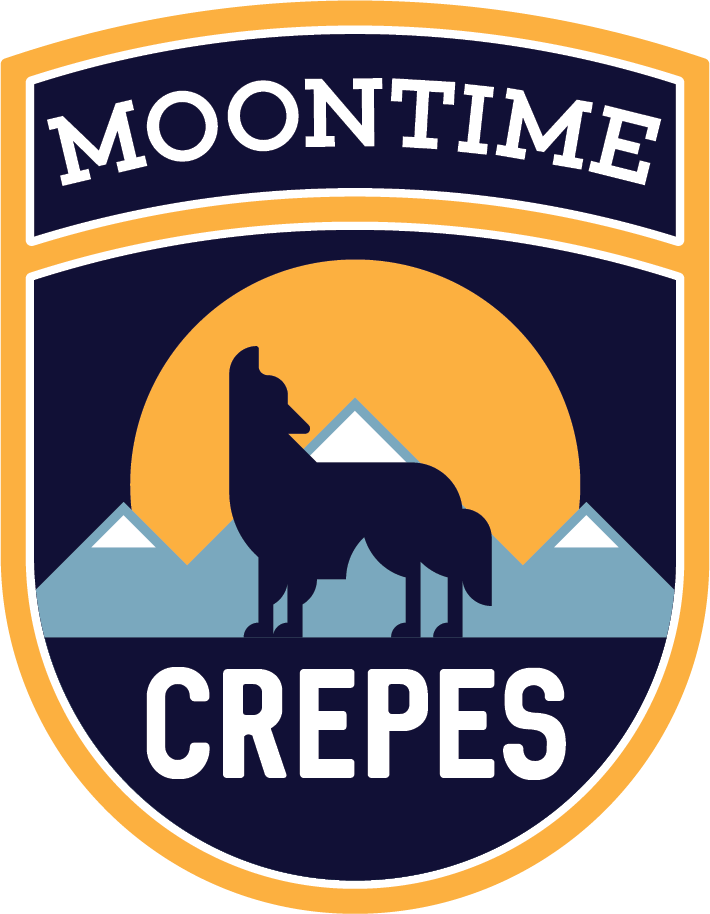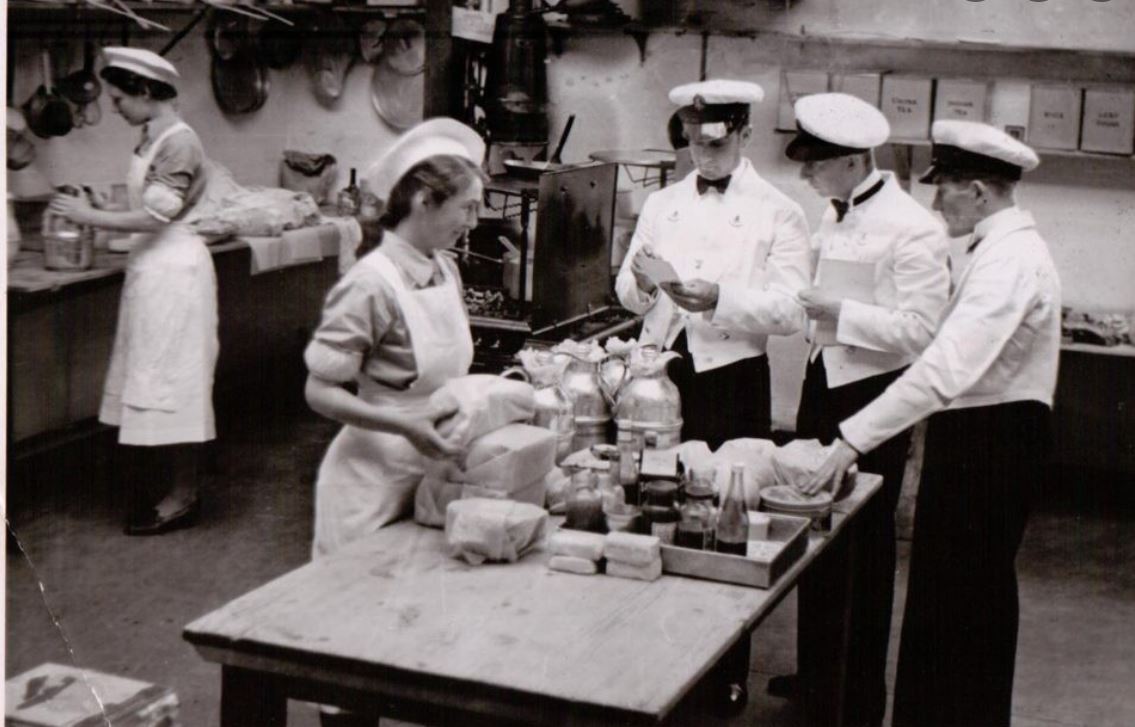The history of catering in the United States is a relatively new one. It has only evolved since the late 1990s under more charitable and laid-back environments, when the term “catering” was coined. Catering began growing with the advent of wealthy urbanites who could provide such luxuries to themselves and their guests through affluent socialite events, such as debutante balls. Their parties were both large and lavish, which demanded quality food for large numbers of guests for weeks at a time.
The first large-scale catering events were hosted in the early 1930s, during the Great Depression. Meal consultant and chef George S. Snell created the first “food service management” company called Snell Culinary Contractors. The firm would later be purchased by Warren Avis, who renamed it the Avis-Snell Corporation. The company’s first project was to provide food for a huge party at a local hotel organized by New York City mayor Fiorello La Guardia to promote tourism. The event, held in the New York Athletic Club, boasted over 1,000 guests. Warren Avis would go on to manage these events in years following. He is credited as the person who began catering large events for socialites and companies, providing them with their first opportunity to “hire a chef”.
It also became more popular after World War II and the post-War period. The economic boom of this period saw many Americans move away from the rural South into cities across the country. Catering services were in high demand, and many affluent socialites began hiring caterers to cater to their parties and picnics. This would go on for years during the 1950s and 1960s. The longest surviving catering-service still in business is the Gourmet Caterer, founded by William Schmidt in 1936, which is still owned and operated by Schmidt’s descendants.
In 1970, as catered parties became more popular, President Richard Nixon’s Committee on Organization began to organize a series of lavish events called state dinners. Nixon, unlike previous presidents, enjoyed having a large number of guests at his parties. These state dinners would go on for years, even after Nixon’s presidency. This trend led to the creation of more catering companies and the incorporation of catering-departments into larger companies such as hotels and restaurants. The growth in popularity of these events led other luxury goods to be used in catered events such as flowers, linens, china and glassware.
The 1980s brought about a dramatic increase in the quantity and quality of catered events. During this time, this was still a luxury. People learned to cater from books written by chefs such as Jacques Pépin, who emphasized the details of fine dining and dining etiquette. Caterers began to stand out from the crowd by providing luxurious services such as placing flowers in water on the tables. Since the 1980s and 1990s, caterers have been able to distinguish themselves through specialization, expansion, innovation and creativity.
In terms of company size, the entire Colorado catering industry has grown tremendously since the early 2000s. There are currently over 2,000 U.S. caterers, meaning that every other day another company opens. This has resulted in a competition among catering companies at all levels to stay afloat and to differentiate themselves from others. Caterers are now an incredibly important part of each U.S. state and city economy. For example, in Chicago alone, over 200 companies employ over 19,000 caterers. Caterers always have to be on their feet and are always going. Caterers are important because they help people to throw parties and have the freedom to do it with a much lower budget than in the past thanks to caterers who save the day(s).

